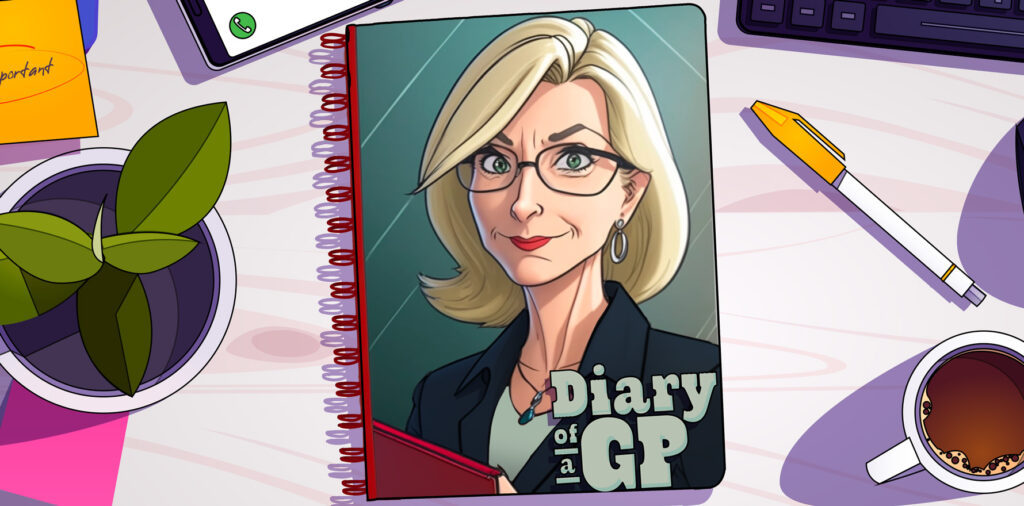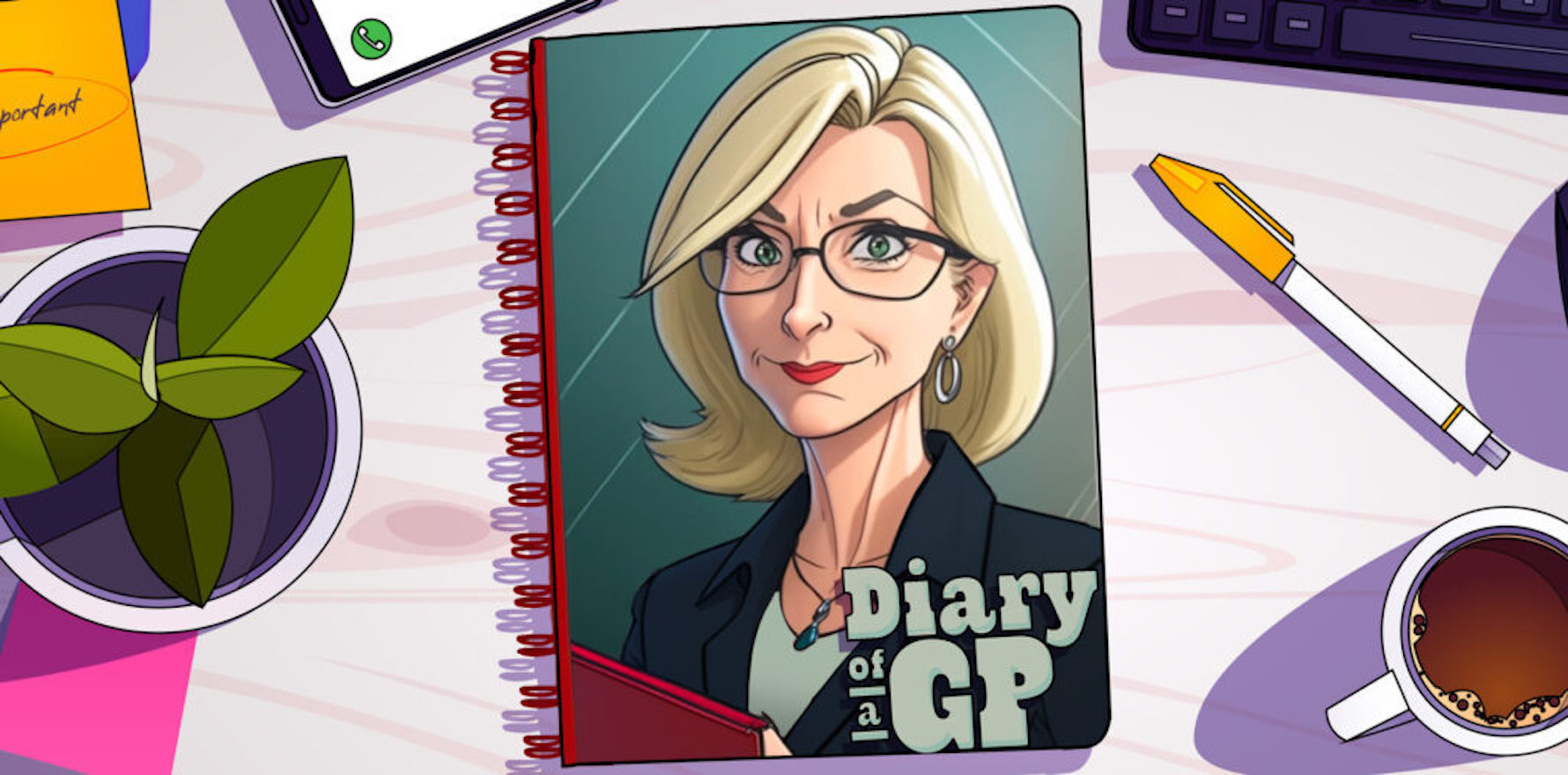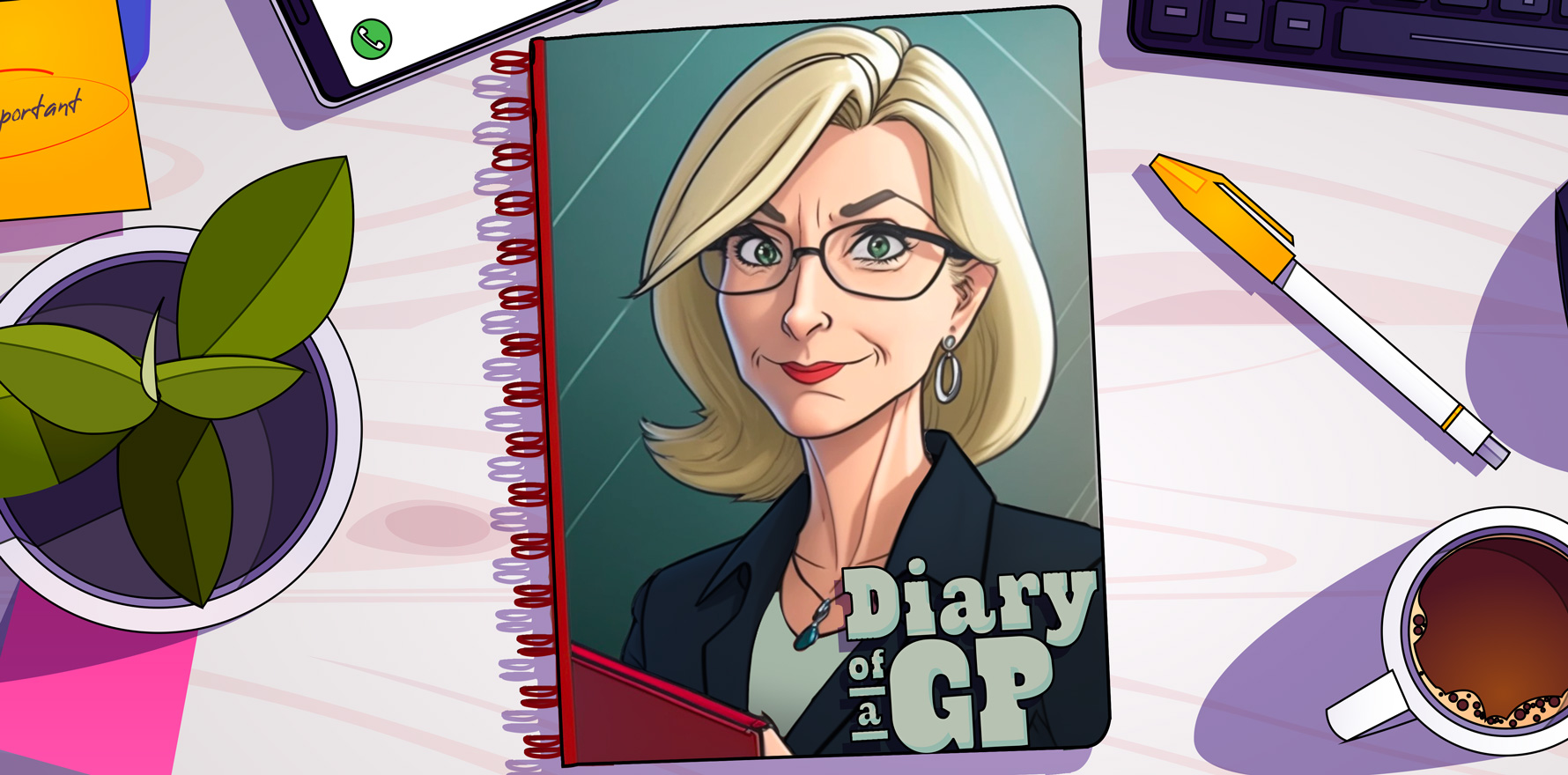We’re the doctors and we know best. Right?
It was there in my messages, first thing Monday morning.
Please contact the hospital geriatrician, Dr S (mobile phone number included – so you know they seriously want to contact you) – about your patient, Ken.
I knew it was only a matter of time till I got this phone call.
My dear patient, 82 years old, had just recently been admitted for a semi-urgent right hip revision surgery (semi-urgent meaning the hip, replaced almost 20 years ago, was so painful Ken couldn’t walk). I had been notified that he’d had the surgery but apparently he was still in hospital some 10 days later.
Ken’s medical history takes a whole page when I include it in a referral letter including both hips and a shoulder replaced, spinal surgery, AF, BPH for which he’d had a TURP … plenty of conditions of interest to a geriatrician, but I was prepared to put money on it that this wasn’t what Dr S wanted to talk with me about.
Sure as eggs it was going to be about his diabetes.
Ken has had type 2 diabetes for over 25 years. Over time his HbA1c has gradually crept up. He’s on every diabetic medication known to man with one notable exception – he refuses, simply refuses, to go on insulin.
With all his recent surgeries he suffers being put on insulin peri-operatively, but as soon as he is discharged he stops it and reverts to the oral agents.
Ken is stubborn but not stupid. He knows the risks – God knows I’ve told him often enough, as did his endocrinologist until his endo decided it was pointless seeing him as Ken wouldn’t take his advice. There are multiple reasons he doesn’t want insulin – the potential for hypos, the needles, the “fuss” – and he is determined.
So we have limped along like this for about five years. I keep thinking Ken’s going to develop some nasty diabetic complication and will have to accept more intensive diabetes treatment but no – his eyesight is fine, his kidney function, while deteriorating, is not giving him any symptoms, and though he is forever injuring himself in the garden (he lives independently at home) he seems to heal miraculously – even on his lower legs – despite an HbA1c of 13!!! What do I know?
The issue really is in the spotlight when Ken comes under the care of another doctor.
Enter Dr S.
I duly contacted this lovely geriatrician. Her sense of frustration and desperation was palpable. She started the conversation describing Ken as a “very, very difficult” patient and then went on to tell me about his various post-op complications, and his ongoing reticence to engage with any treatments or therapies he wasn’t interested in, especially insulin.
I took on the role of Sybil Fawlty. “I know. Ooh, I know.”
I stopped short of saying “welcome to my world”. This poor woman kept repeating that she’d spent a lot of time with Ken explaining everything but to no avail. I really appreciated the fact there was no hint of accusation from her, which is what I usually get when Ken enters any tertiary setting – Why hasn’t this patient seen an endo lately? Why isn’t he on insulin? How can you accept an HbA1c this high?
In the end, I think both Dr S and I were grateful to have had the shared experience with the same result. Ken was not going to take insulin despite our best efforts.
In some ways, we all need a Ken in our lives.
For me, it puts my role as a GP back in perspective. I can listen, diagnose, test, offer treatment and advice but it is just that – advisory.
The person with the ultimate responsibility for someone’s health and wellbeing is themselves.
Related
I know the medicolegal oligarchs would have us liable for anything that goes wrong in a patient’s entire experience with the health system – from the surgery carpark to the crematorium – but we, sitting in our consulting rooms, all know we are only one part of the equation.
Ken is my constant reminder of this. Even though he refuses more intensive diabetes treatment, he is one of my very dear patients and obviously values my advice and follows most of it. But he exercises his right to decide what he will and won’t take, and I can like it or lump it.
I think Dr S might have felt a bit better after our conversation. I certainly did. When you’re faced with a patient like Ken there is always that nagging doubt that you are just not explaining it correctly, or they harbour some misconception that you are unaware of .. but in the end, Dr S and I reached the same conclusion.
We can only do so much. We can only recommend. We have to accept the final decision is the patient’s.
What will happen to Ken? Well, so far, my prophesies of doom have amounted to zilch. I expect Ken, alias Lazarus, will be walking through my surgery door – new hip and all – in the not too distant future. I certainly hope so.




